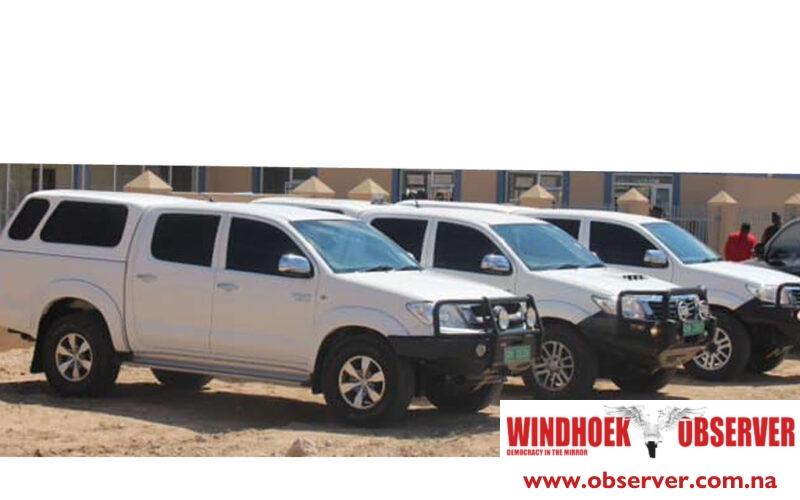Erasmus Shalihaxwe
The moratorium on the procurement of new vehicles for government agencies, including regional governors and councillors, will remain in effect.
The late President Hage Geingob introduced the five-year moratorium in 2020 as part of austerity measures to reduce government expenditure.
The moratorium specifically prohibited the acquisition of new vehicles for ministers and other senior public officials.
On Thursday, Alfredo Hengari, the Presidential Press Secretary informed the Windhoek Observer that President Nangolo Mbumba has not addressed the matter yet.
This is despite calls from regional councillors and governors to lift the ban, citing that a lack of vehicles has adversely affected service delivery in their constituencies.
“The moratorium is only valid for political office-bearers,” said Hengari.
When asked if there are plans to lift the government moratorium on the purchase of new vehicles – a move many political office bearers are pleading for – the response was a firm “no.”
A report compiled by the National Council Standing Committee on Transport, Infrastructure, and Housing examined the impact of this moratorium on government offices, ministries, agencies (OMAs), and regional councils.
The report recommended lifting the ban to allow these entities to procure new vehicles necessary for service delivery.
The report, released on Thursday, detailed that the committee visited various regions across the country from October 5 to November 3, 2023.
Led by its chairperson, Alfeus Abrahams, the committee recommended decentralising the government garage to expedite procurement processes at the regional level.
It also recommended allocating their own budgets to regional government garages to procure goods and services.
“All government-owned vehicles should be serviced and maintained at the government garage to reduce overcharging practices by private service providers. The Ministry of Works and Transport, in collaboration with the Treasury, should speed up the process of disposing of the unused and ageing fleet,” urged the Committee.
Further recommendations included reviewing the N$ 3.50 per kilometre rate and the daily subsistence and travel allowance to align with the current inflation rate.
The report also suggested introducing a standardised kilometre-capping system to account for extra kilometres travelled in different localities, considering the varying sizes of these areas.




